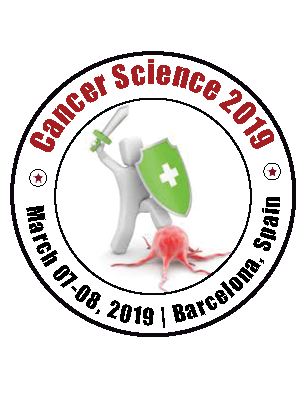
Douglas E Gladstone
Johns Hopkins University, USA
Title: HLA donor specific antibodies and partially HLA-mismatched allogeneic HSCT
Biography
Biography: Douglas E Gladstone
Abstract
Allogenic hematopoietic stem cell recipients may have preformed antibodies directed against foreign HLA antigens. The use of partially HLA-mismatched allogeneic hematopoietic stem cell donors allows for the possibility of the presence of circulating HLA donor-specific antibodies (DSAs) in the recipient. The presence of DSAs at the time of stem cell infusion increases the risk of primary graft failure. Recently developed technology using solid phase immunoassays (SPIs) with fluorochrome-conjugated beads has greatly improved the ability to detect and classify DSAs. When used in combination with the classic lymphocytotoxic complement-dependent and flow cytometric crossmatch tests, SPIs help provide DSA strength assessment. Both CD34+ cells and T-cells are required for donor engraftment, however the expression of HLA antibodies varies between these cells: all HLA loci are expressed on CD34+ cells (HLA-A highest, HLA- DQ lowest); HLA-A and B expression is higher on CD34+ cells than on T cells; HLA-C expression is lower on CD34+ than on T cells. Parous females frequently harbor DSAs. DSAs tend to be of higher intensity when directed against haploidentical first-degree relatives. DSA assessment requires frequent monitoring as their relative strength can change over time. Although the criteria that constitutes a prohibitive DSA is unknown, desensitization techniques can result in engraftment rates as experienced in fully HLA-matched allogeneic blood or marrow transplantation recipients.

